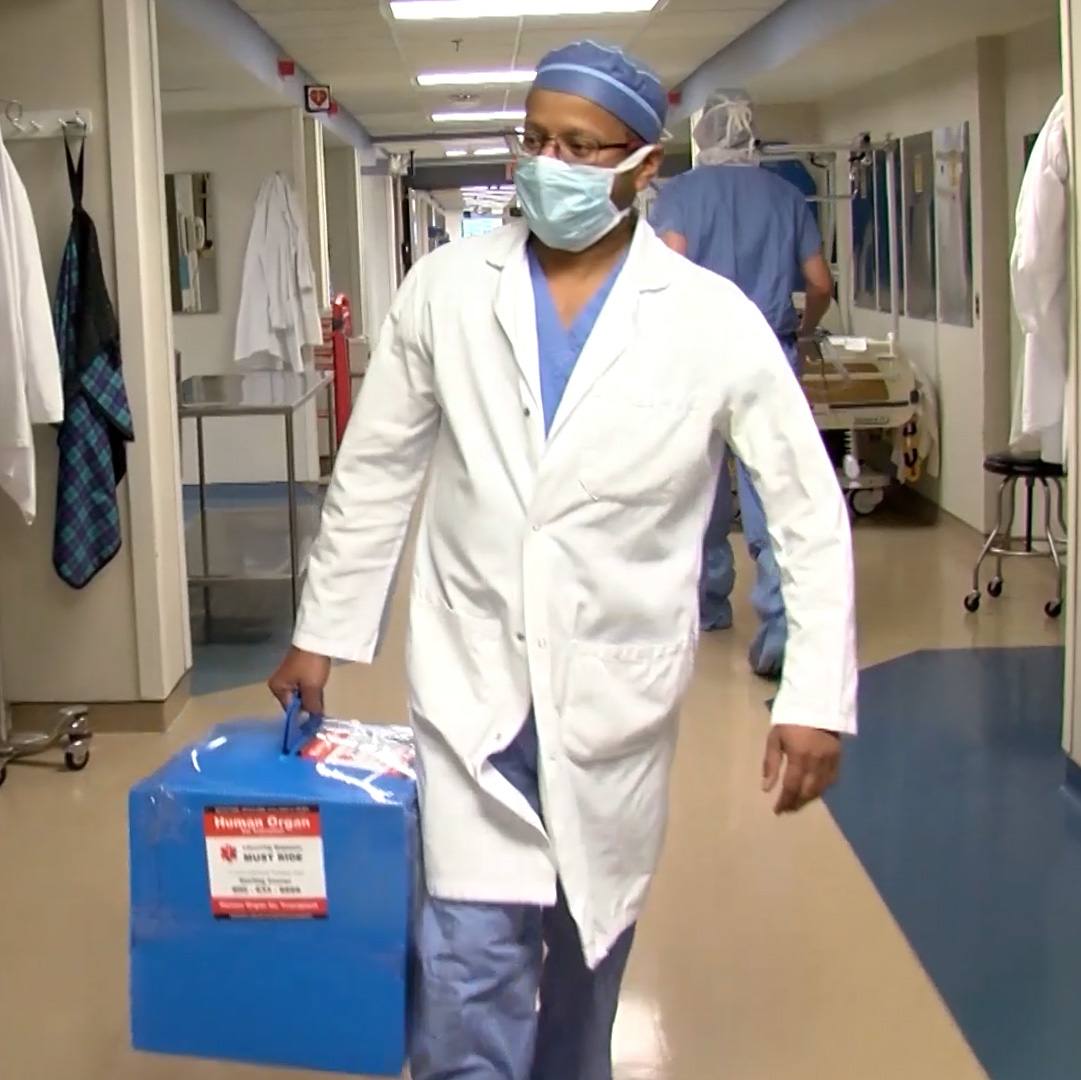-
Featured News
Infectious Diseases A-Z: Flu cases on the rise
 Thirteen children have died from flu-like symptoms, and cases of flu are rising across the U.S., according to the Centers for Disease Control and Prevention (CDC). As the 2018 – 2019 flu season gets underway, Dr. Tina Ardon, a Mayo Clinic family medicine specialist, says the flu vaccine remains the best protection against the viral illness. “If you or your family have not yet received an annual flu shot, it's not too late.”
Thirteen children have died from flu-like symptoms, and cases of flu are rising across the U.S., according to the Centers for Disease Control and Prevention (CDC). As the 2018 – 2019 flu season gets underway, Dr. Tina Ardon, a Mayo Clinic family medicine specialist, says the flu vaccine remains the best protection against the viral illness. “If you or your family have not yet received an annual flu shot, it's not too late.”
"Anyone older than 6 months should get their yearly influenza vaccine," says Dr. Ardon. "If a child is less than 9 years old and this is their first year getting an influenza vaccine, they need two boosters: the first one administered and then the second one administered four weeks later."
Watch: Dr. Tina Ardon talks the about flu vaccine.
Journalists: Broadcast-quality sound bites with Dr. Tina Ardon are in the downloads at the end of the post. Please 'Courtesy: Mayo Clinic News Network.'
Children are the not only ones who need to be vaccinated. "There’s really no age limit to how old you are to get an influenza vaccine," Dr. Ardon says. "I encourage all our older patients to get their influenza vaccine because they’re at higher risk for complications from influenza." Complications may include pneumonia, bronchitis and heart problems.
Influenza A(H1N1) is the predominate strain circulating. However, the CDC reports there are cases of A(H3N2) and influenza B viruses circulating, too.
Flu symptoms often come on suddenly and include:
- Fever over 100.4 F (38 C)
- Aching muscles
- Chills and sweats
- Headache
- Dry, persistent cough
- Fatigue and weakness
- Nasal congestion
- Sore throat
Most patients can manage flu at home. "It's important to remember that influenza is a viral illness. Patients sometimes will ask about antibiotics for their flu symptoms, and antibiotics simply won’t work for a viral infection. Antibiotics are only effective against bacterial infections," says Dr. Ardon.
Along with vaccination, other preventive measures include practicing good hand hygiene and staying home when sick to avoid infecting others.







